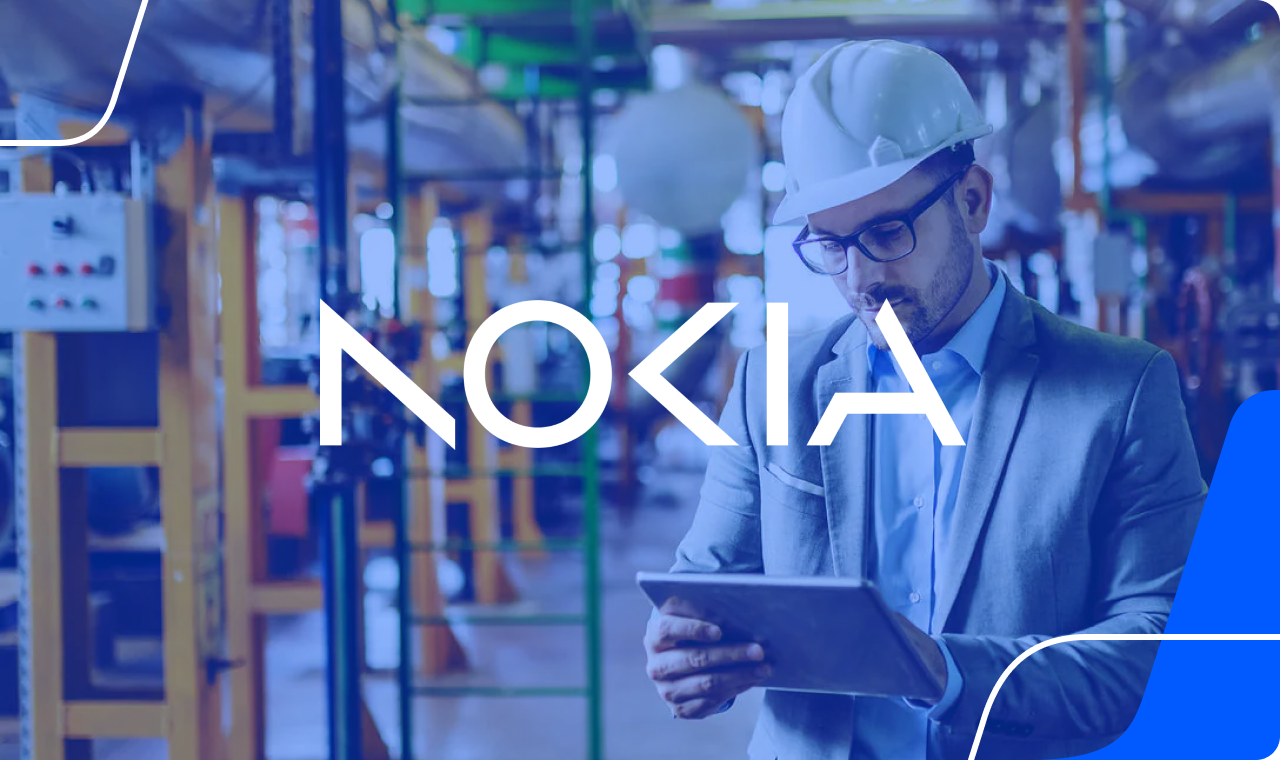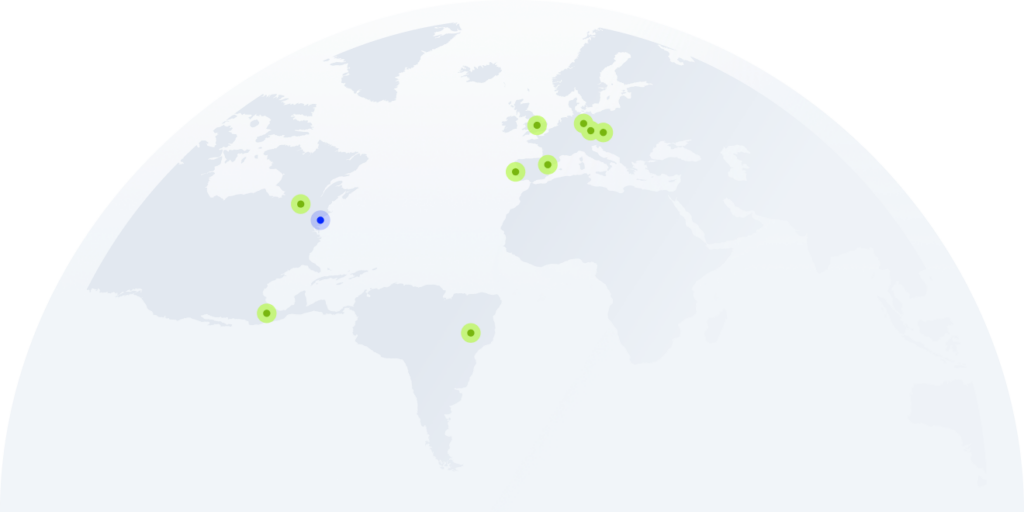- Solutions
- Solutions primary
- BY TEAM
- BY INDUSTRY
- BY USE
- BY SIZE
- View all solutions
- Solutions secondary
- Solutions primary
- AI
- Features
- Features primary
- Most popular
- first column
- second column
- third column
- fourth column
- View all features
- Most popular
- Features secondary
- Choosing the right plan
- Features primary
- Integrations
- Integrations primary
- MOST POPULAR
- first column
- second column
- View all integrations
- NEW
- first column
- second column
- View all integrations
- MOST POPULAR
- Integrations secondary
- Integrations primary
- Pricing
- Resources
- Resources primary
- Most popular
- first column
- second column
- third column
- Most popular
- Resources secondary
- Latest Blogs
- Try CloudTalk
- Resources primary
- Careers
FEATURE VS. FEATURE
IP PBX vs. VoIP: Similarities and Differences
Discover how IP PBX and VoIP compare to each other. Explore the pros and cons, how they can help you save on costs, and choose the one that works for your business.
IP PBX
VoIP
Main differences between
Cloud Telephony & VoIP
Parameter
IP PBX
VoIP
Hardware
It typically requires an IP phone for each user, a router or switch to handle network traffic, and a dedicated server or appliance capable of running the IP PBX software.
When using cloud telephony software, you only need a device with an internet connection and a pair of headphones.
Scalability
Allows organizations to easily add or remove extensions, lines, and features for seamless scaling.
If you use landline phones, you have to install additional hardware. Otherwise, you can use as many numbers as you need and add users anytime.
Maintenance
IP PBX maintenance involves regular monitoring, software updates, and occasional hardware upgrades.
When used without hardware, there’s no maintenance involved. In case you are using on-site hardware, you’ll have to take care of the maintenance.
Remote work
Your employees can access their office phone system remotely and collaborate seamlessly from anywhere.
Thanks to a hardware-free option, your employees can work from wherever you need, from any device.
Data storage
IP PBX systems typically require data storage for call logs, voicemails, and configuration settings. These are either on-premises servers or cloud-based solutions.
If you store your data in internal data centers, it may get lost. However, most cloud telephony software have strong security measurements in place.

What is IP PBX & How Does It Work?
An IP PBX, or Internet Protocol Private Branch Exchange, is a telephony system that leverages Internet protocol technology to manage voice and multimedia communications within an organization.
Unlike traditional PBX systems, which rely on analog or digital connections, IP PBX uses the same data network that a company uses for its computer systems.
It functions by converting voice signals into data packets, enabling the integration of voice, video, and other communication services over the company’s IP network.
What is VoIP
& how does it work?
VoIP is an acronym for Voice over Internet Protocol. It converts voice signals into digital data packets.
Those are then transmitted over the internet, with no need for traditional phone lines. Once the data packets arrive at a recipient’s end, they transform back to voice signals.
VoIP software is cost-effective, scalable, and offers a wide range of features. If you are seeking an efficient and affordable communication solution, it’s a great choice.

Let’s talk about
pros and cons
IP PBX
Save On Phone Lines
Use your data network for voice communication to eliminate the need for separate phone lines and reduce long-distance calling expenses.
Avoid Hardware Changes on Scale
Remove or add extensions without the need for an extensive hardware change. Ensure flexibility for your evolving business needs.
Gather All Tools In One Platform
Integrate voice, video, messaging, and other collaboration tools into one to bolster collaboration and improve overall productivity
Stay Connected Anywhere
Get access to the office phone system anywhere you go and let employees stay connected and communicate regardless of their location.
You Depend On Internet Connectivity
IP PBX relies heavily on a stable internet connection. Any disruptions or outages in your network can impact voice quality and even render the phone system unusable
Initial Setup Costs Are High
While IP PBX systems offer long-term cost savings, the initial setup costs can be significant. You need to invest in IP-compatible phones, hardware, IT support, etc.
Your Data May Be Compromised
IP PBX systems may be susceptible to hacking, eavesdropping, and denial-of-service attacks. To protect sensitive data, you have to implement robust security measures.
VoIP
Save Money on International Calling
Avoid expensive long-distance calling charges with features like International numbers and save both your and your customers’ money.
Embrace Freedom With a Remote-friendly Solution
Break down geographical barriers and receive calls anywhere with an internet connection. This possibility is invaluable for remote teams..
Adjust Your Calling Software As You Grow
VoIP adapts to your needs, no matter the size of your business. The highly scalable and adjustable software helps you grow seamlessly.
Optimize Workflows With Diverse Features
Get a diverse range of features at any stage of growth. Optimize workflows, collaborate, and maintain meaningful interactions.
You Need a Reliable Internet Connection
Just like cloud-based software, VoIP relies on a stable internet connection. You may experience delays, packet loss, and reduced call quality.
Call Quality May Be Lacking
Depending on the provider, you can experience echo or latency issues, which negatively impact the quality of communication and user experience.
You Can Face Security Threats
Depending on the provider, VoIP can be vulnerable to threats like hacking, eavesdropping, and other malicious activities.
OUR FEATURES
Discover 4 of the Most Popular VoIP Features
FAQs
What is the difference between IP PBX and VoIP?
The difference between IP PBX and VoIP is in their scope and function: IP PBX (Internet Protocol Private Branch Exchange) is a phone system within a company that manages internal and external call switching, using IP (Internet Protocol) for call routing.
VoIP (Voice over Internet Protocol), on the other hand, is a broader technology that enables voice communications and multimedia sessions over the Internet.
What is IP PBX used for?
IP PBX is used primarily for managing the internal telecommunications of a business. It routes calls between users on local lines while allowing all users to share a certain number of external phone lines. It offers features like voicemail, call forwarding, and call queuing.
Do people still use PBX?
Yes, people still use PBX systems, especially in business environments. Modern PBX systems have evolved into IP PBX. It has more advanced features and flexibility compared to traditional, analog PBX systems.
CloudTalk is a data-driven solution for exceptional customer experience and intelligence is a key part of it.
Schedule a demo today and find out for yourself.























